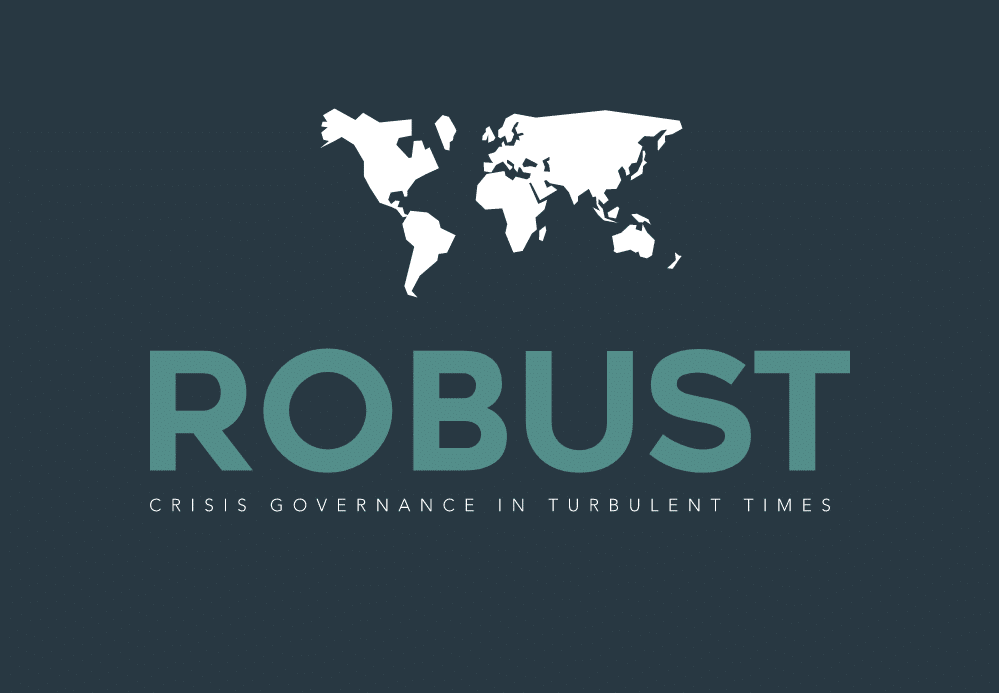ROBUST – Crisis Governance in Turbulent Times
ROBUST aims to set in motion a paradigm shift from ‘resilience’ (‘bouncing back’) to ‘robustness’ (‘building back better’) as the central principle of future crisis governance. The project breaks new ground by operationalizing the concept of robust crisis governance and investigating such responses empirically. It combines historical and comparative analysis at EU, national and local levels to gather a multi-dimensional data set out of which the configurations of factors that drive (or block) robustness in crisis governance will be identified.
The project studies responses by EU institutions and eight European countries to three recent crises (the financial, refugee and COVID-19 crises) to understand the patterns in system-level crises response.
FAQ
What constitutes robustness?
“Robustness” becomes a need when it can no longer be taken for granted. Increasing turbulence challenges public sector central planning and sectoral resilience strategies because of its chaotic nature. The ability to innovative and adapt on the spot becomes necessary to respond robustly. We work under the assumption that this ability in turn is constituted by interactivity in multi-level governance, hybridity in governance, democracy, and law, and negotiability of societal intelligence.
Where can I learn about robust governance?
To keep updated about the results of this project, please subscribe to our newsletter. You can already now study existing research of robust governance in a Public Administration Special Issue published online in July 2022.
How can I contribute to the project?
We need citizens, experts, and stakeholders to share their experiences of crises in Europe. And we need your honest feedback on where we are going. To be part of the ROBUST Learning Hub, please subscribe to our newsletter.

This project has received funding from the European Union’s Horizon Europe Research and Innovation Programme under Grant Agreement n° 101061272.
EPHA is a project partner.
Get the EPHA Newsletter
The best of our activities, right in your inbox!

